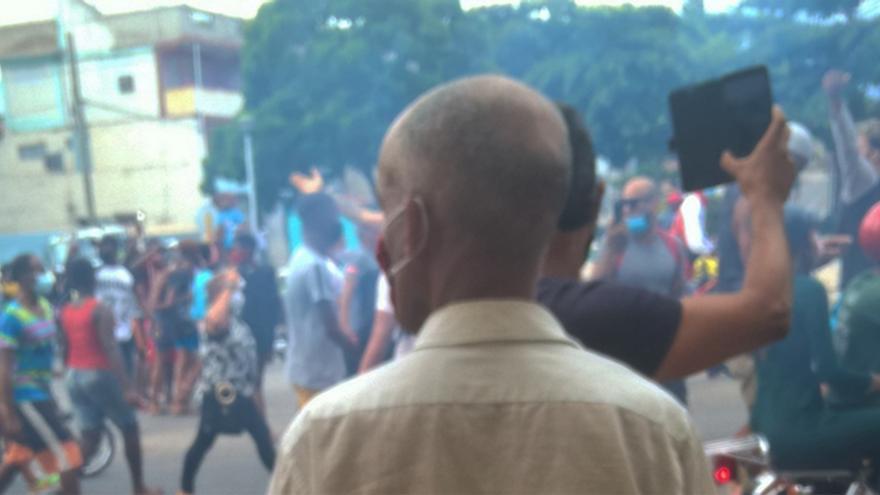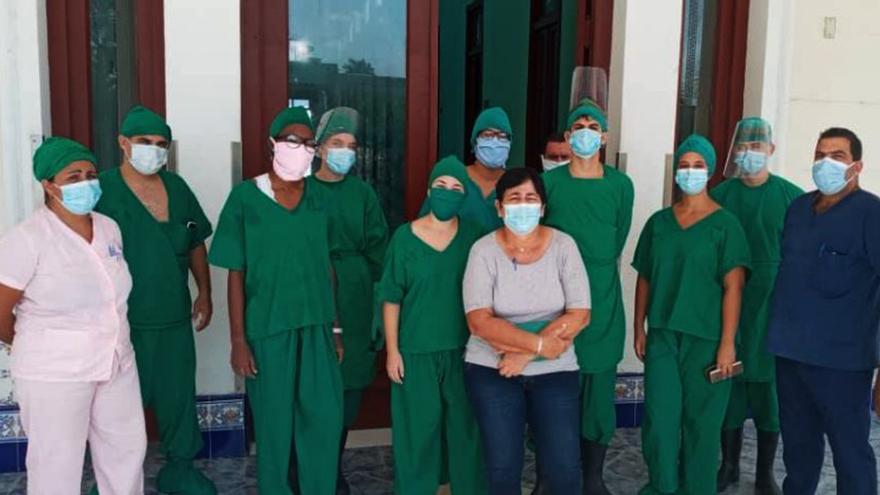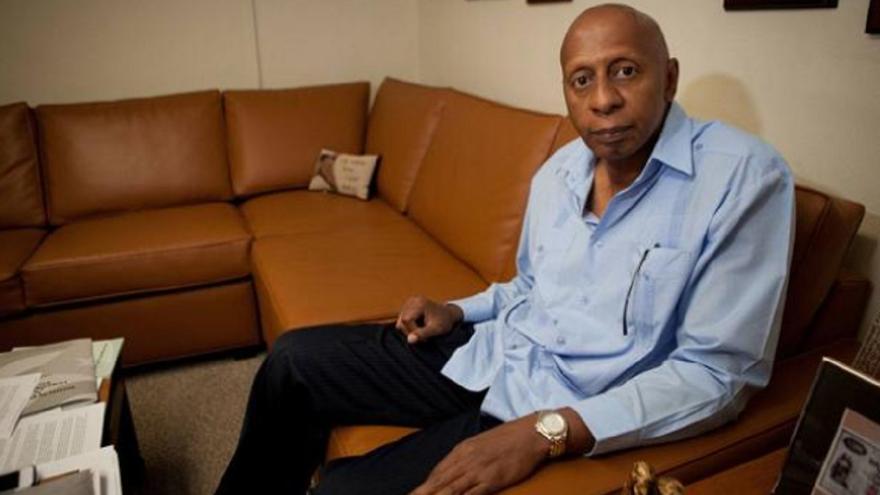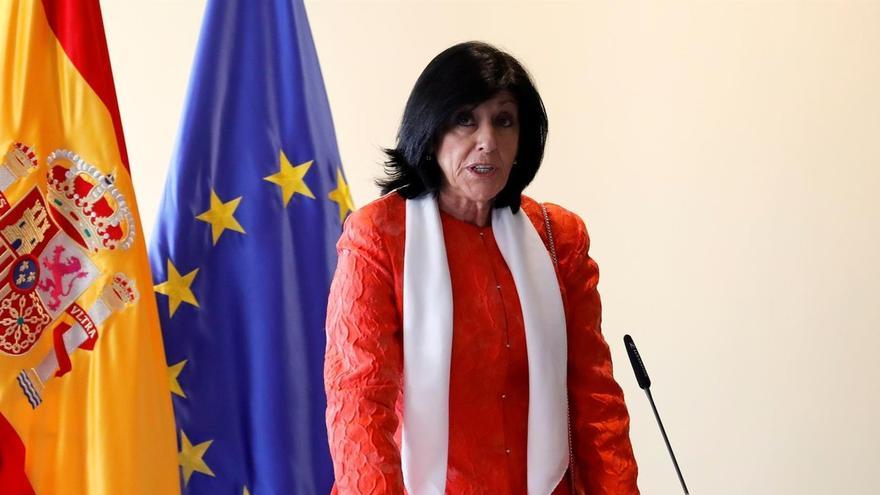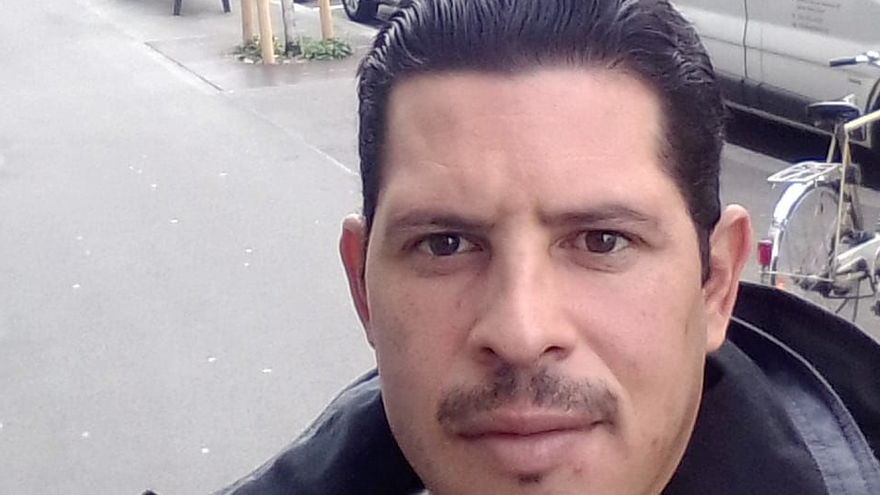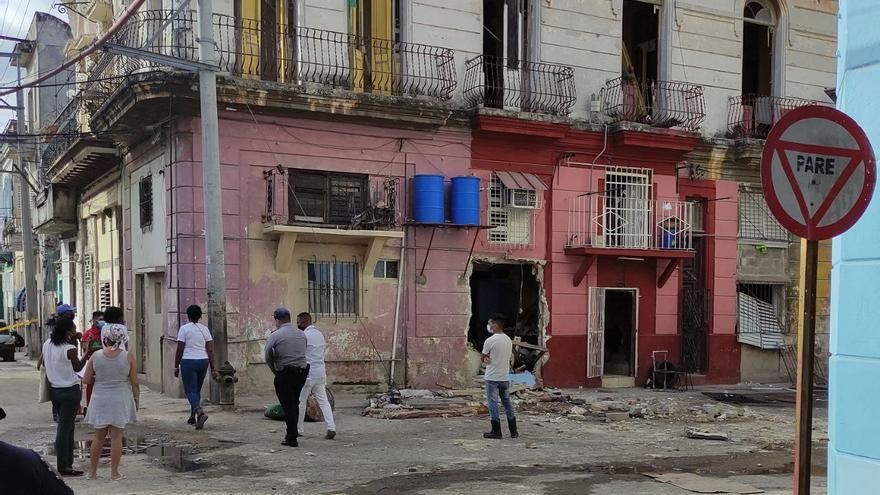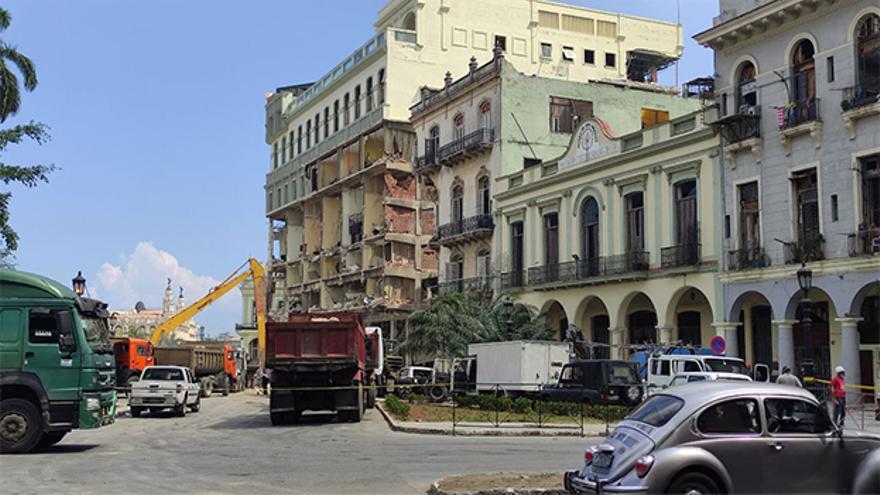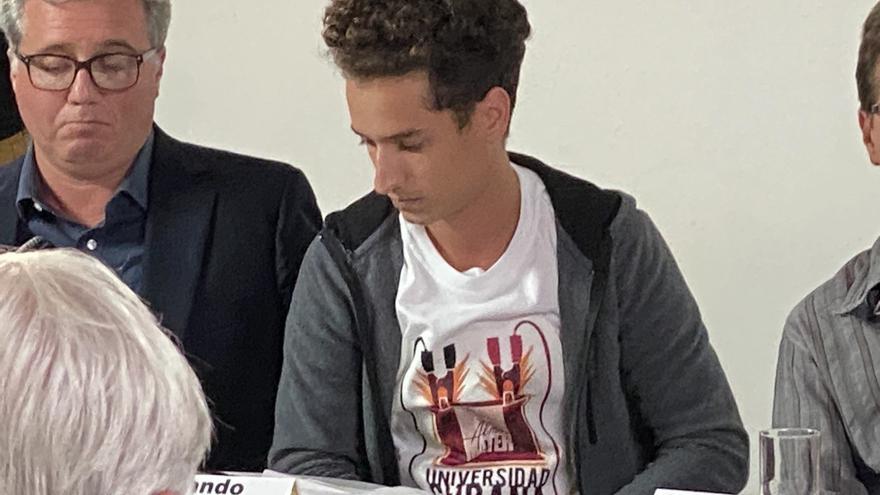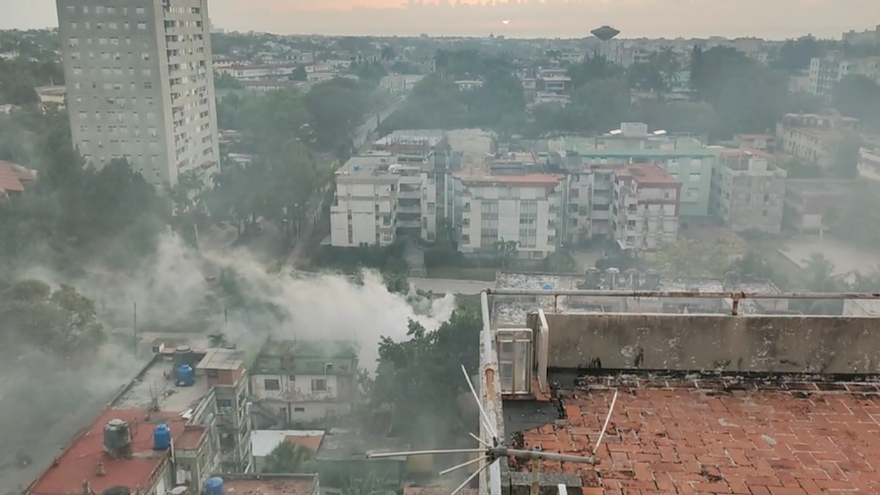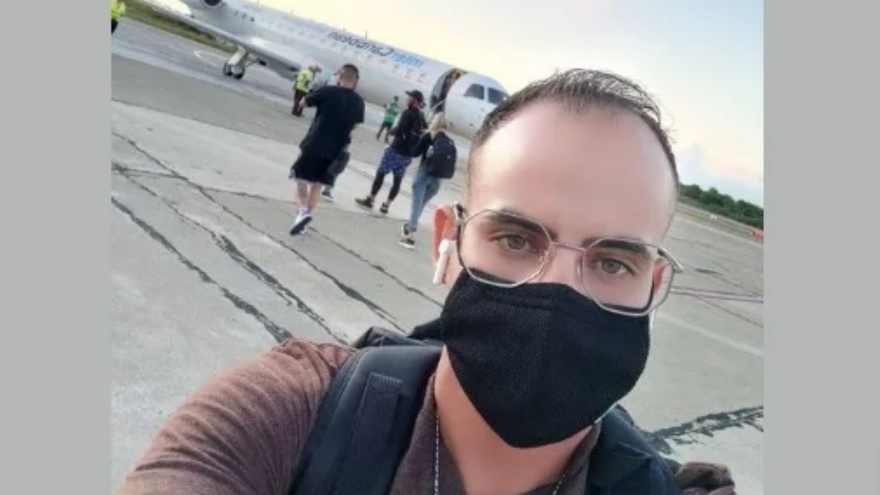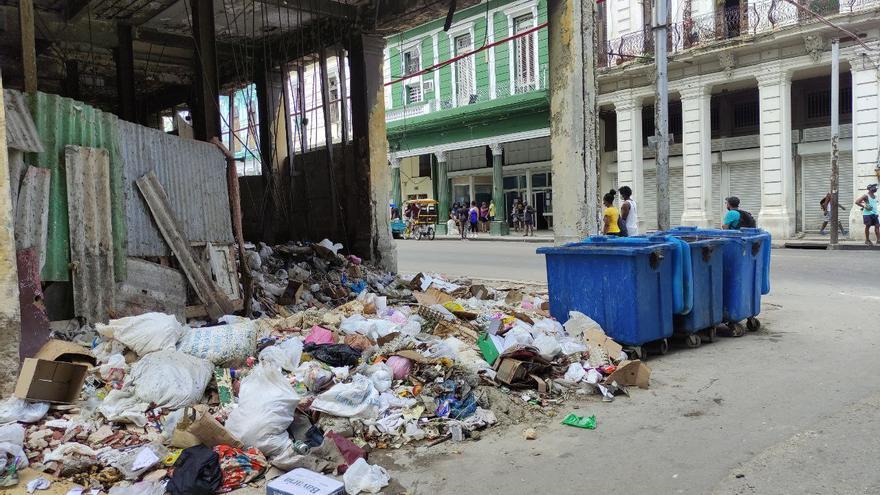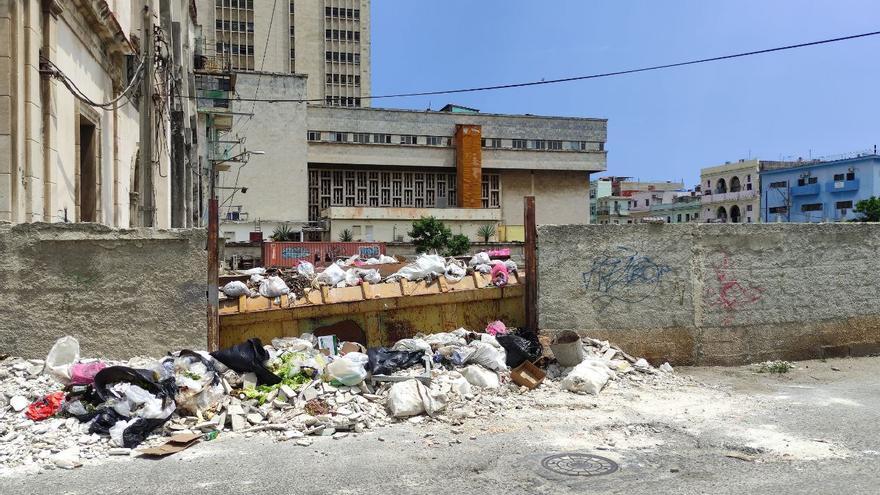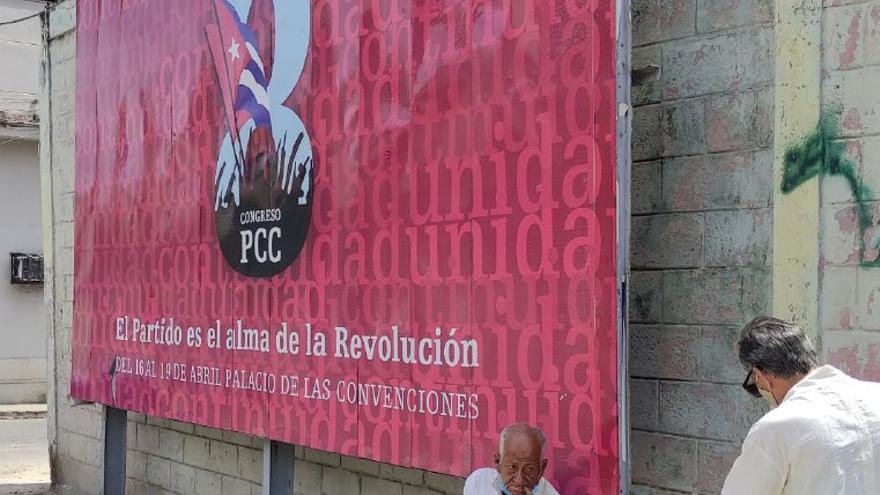
![]() 14ymedio, Yunior García Aguilera, Madrid, 12 May 2022 — I will try to avoid falling into Godwin’s law, according to which, any discussion on the internet that is prolonged leads to the possibility that someone will call someone else a fascist, or compare them to Hitler and the Nazis. However, in the Cuban context a variation of this law usually occurs. If we examine the debates on social networks, we will find that, in almost all cases, someone will insult another by calling them a “communist,” without ever having read a single page of Capital.
14ymedio, Yunior García Aguilera, Madrid, 12 May 2022 — I will try to avoid falling into Godwin’s law, according to which, any discussion on the internet that is prolonged leads to the possibility that someone will call someone else a fascist, or compare them to Hitler and the Nazis. However, in the Cuban context a variation of this law usually occurs. If we examine the debates on social networks, we will find that, in almost all cases, someone will insult another by calling them a “communist,” without ever having read a single page of Capital.
Although it seems obvious, it is necessary to clarify that, beyond the Marxist theories and the rhetoric of those who have claimed to follow their doctrines, communism has never really existed. Marx was closer to Nostradamus than to Hegel. His works might have qualified as mystical lyricism rather than science, but there is always someone willing to take fiction too seriously. The Marxists who survived him would not show such patience for history to take its spontaneous course. If the hated capitalism did not die a natural death, it had to be assassinated.
Lenin modified his readings of the German philosopher as much as he could to make them fit his context. And then Stalin would see to it that all the nightmares that old Marx had refused to speak out loud would come true. If the Soviet experiment did not collapse at that very moment, it was because another monster appeared on the scene that would monopolize universal repudiation: Adolf Hitler.
Fidel Castro triumphantly entered Havana in January 1959. He managed to get a white dove to perch on his shoulder, he swore that he was not a communist to any journalist who asked him the uncomfortable question, he repeated ad nauseam that his revolution was green like the palms, but ended up diving headfirst into the red pool. Was Ángel Castro’s son really a communist? If one examines the phrases of the bearded man, the fascist readings of him immediately come to light.
From the Moncada Statement itself, where he ends with his famous “Condemn me, it doesn’t matter, history will absolve me,” the similarities with Hitler’s Mein Kampf are noticeable . Later, when continue reading
All authoritarian caudillos need to match their personal ambitions with a certain dose of ideology. And fascism is the one that best suits their tyrannical aspirations, but it is too discredited. The rhetoric of solidarity and social justice sounds more pleasant to innocent ears. But the truth is that Cuba is closer to State Corporatism than to the Dictatorship of the Proletariat. The poor workers in Cuba have no say in the matter. And the leaders of the Political Bureau are closer to the conservative prototype than to contemporary liberals. To add insult to injury, the infamous Rapid Response Squads are now trying to be replaced by the Red Scarves, a much more blatant carbon copy of the Blackshirts or Brownshirts.
The international left has been running out of causes, after spending its ideological arsenal against globalization. The world is upside down. The great champion of capitalism today is China, a country governed by a communist party. The Asian giant is also the country that pollutes the environment the most, sparing no effort in exploiting and repressing its large population, while surplus value fills their coffers.
The heralded Socialism of the 21st Century, proposed by Chávez, ended up plunging Venezuela into the most painful misery of its history. The Nicaraguan orteguismo [Ortega regime] could not be more despotic, locking up all its political opponents and assuming fraud as the norm. Putin’s Russia shamelessly shows its imperialist face, launching its troops into Ukraine and threatening the planet with nuclear holocaust, while his lackeys applaud him.
The problem of the world today is not left or right, let’s grow up. The problem is authoritarianism, of any color. That is the Fascism of the 21st Century.
____________
COLLABORATE WITH OUR WORK: The 14ymedio team is committed to practicing serious journalism that reflects Cuba’s reality in all its depth. Thank you for joining us on this long journey. We invite you to continue supporting us by becoming a member of 14ymedio now. Together we can continue transforming journalism in Cuba.

